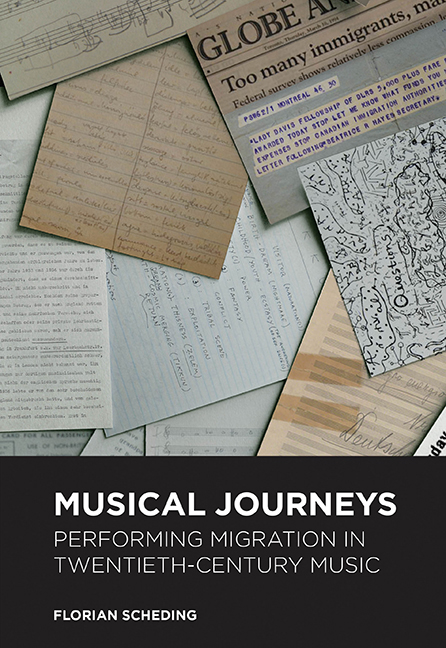Summary
REFLECTING on exile, Edward Said performs a rhetorical and strategic shift. While his opening emphasises migration as a phenomenon that defines our age, conjuring up images of mass displacement and streams of refugees, his prose moves increasingly away from collective namelessness and towards a focus of individual migrants, such as James Joyce, Theodor W. Adorno, Erich Auerbach, and others, instead. This strategy of envoicement foregrounds Said’s call to empower the migrant as a central figure in modernity. But he goes further, enacting a move from a dystopian world of homelessness and uprootedness towards an almost utopian vision that imagines migration as not only a central experience of the human condition, but as essential for socio-cultural progress more widely. In so doing, however, Said is cautious of being overly celebratory, interspersing his prose with continuous reminders of the other place of the migrants, the heterotopia of migratory culture. This dialectic between the collective and the individual on the one hand and the interplay between dystopia and utopia on the other permeates much of migration studies and scholarship concerned with the mobility of people. As scholars negotiate between individual and collective migratory identities, methodologies range from biographical approaches that often focus on elite individuals to those that emphasise a sense, however heterogeneous, of diasporic community. On occasion, such different methodologies run parallel to sub-disciplinary boundaries, with studies on Western art music tending to favour biographical approaches, while ethnomusicologists and popular music scholars sometimes incline towards methods that employ case studies as a means for foregrounding broader identity politics.
The dialectics of biographical specificity versus the collective extend well beyond musicology and migration studies. Benedict Anderson's influential concept of the imagined community, for example, which, according to him, arises when numerous individuals, who may not know each other personally, identify with one another, reverberates in Rebecca Mitchell's concept of aesthetic communities. Conversely, migration studies scholars have increasingly offered critiques of notions that rely on assumptions of imagined communities. For example, in her review of Alejandro L. Madrid's Transnational Encounters, Ruth Hellier-Tinoco has pointed to the extent to which studies that seek to foreground diversity and complexity unwittingly essentialise large numbers of people along imagined ethnic boundaries. Ayşe Cağlar and Nina Glick Schiller go further and deconstruct the underlying hypothesis of a migrant–native divide as inherently flawed and counterproductive to notions of heterogeneity and diversity.
- Type
- Chapter
- Information
- Publisher: Boydell & BrewerPrint publication year: 2019

